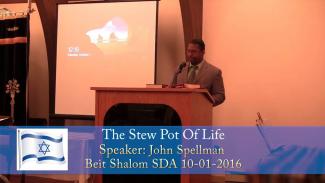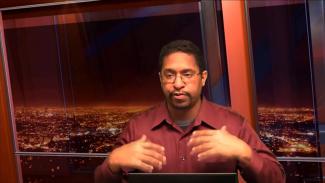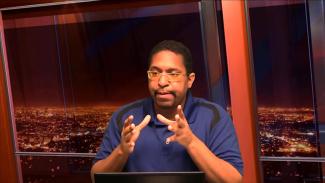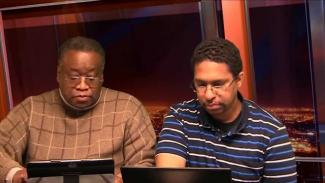Is the Bible really God's Word? Does it really speak to us today? Does God really have a message for us? Why should people read the Bible and what can it teach us? Can we get closer to God by spending time with it? How did Jesus relate to the Bible when He was here on earth? How does the Bible reveal God's presence in our world today?












